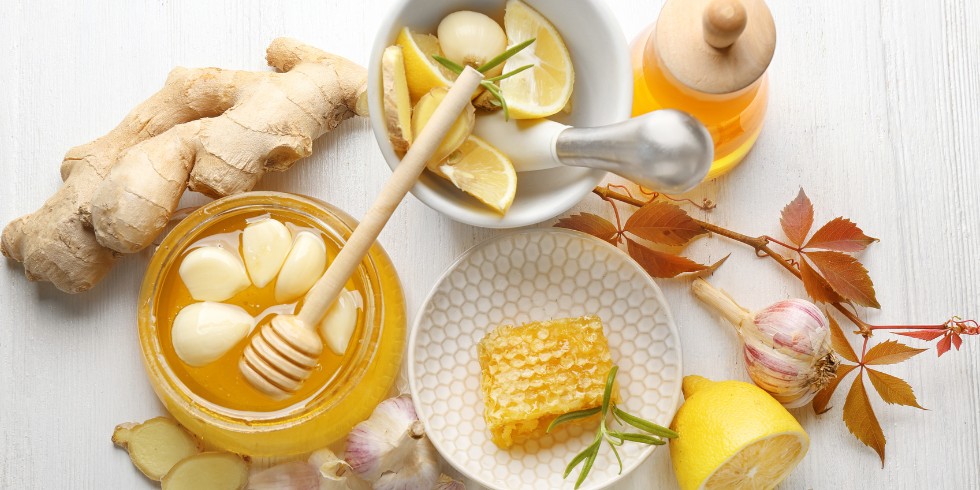Natural Remedies for Cold and Flu
When the chill of cold and flu season arrives, many people seek ways to ease their symptoms and support their recovery beyond conventional medicine. Natural remedies have long been embraced across cultures as gentle yet effective options to soothe the body and help restore wellness. While they aren’t a replacement for professional medical care when needed, natural treatments can offer comfort and relief, especially during those early days of sniffles, sore throats, and fatigue. Understanding how these remedies work and how to integrate them thoughtfully can make the often-unpleasant experience of cold and flu a little more manageable.
The common cold and flu are caused by viral infections, which means antibiotics won’t work against them. Instead, the body’s immune system takes center stage, working to fend off the invaders and repair the damage. Natural remedies often focus on supporting this immune response, reducing inflammation, and alleviating symptoms like congestion, cough, and body aches. Take, for example, the simple act of drinking warm fluids. Herbal teas, broths, or even warm water with a squeeze of lemon and honey can help soothe irritated throats and loosen mucus, making breathing easier. The warmth increases blood flow to the respiratory tract, enhancing the body’s ability to fight infection, while honey acts as a natural antimicrobial and cough suppressant.
Beyond soothing discomfort, some natural ingredients have been studied for their immune-boosting properties. Elderberry, a dark berry native to Europe and North America, has gained popularity in recent years for its potential to shorten the duration of cold and flu symptoms. Research suggests that compounds in elderberry can interfere with viral replication and stimulate the production of cytokines, proteins that help regulate immune responses. While more large-scale clinical trials are needed, many find elderberry syrup or supplements to be a valuable addition to their natural toolkit during illness.
Similarly, vitamin C and zinc have long been touted for their roles in immune health. Vitamin C is a powerful antioxidant that helps protect cells from damage caused by free radicals during infection, while zinc is essential for normal immune cell function. Though these nutrients won’t prevent a cold or flu outright, maintaining adequate levels may reduce the severity and length of symptoms. It’s important to obtain them through a balanced diet rich in fruits, vegetables, nuts, and seeds, but supplements can also be considered during the early stages of illness. For instance, a few extra servings of citrus fruits or a zinc lozenge can support the body’s defenses as the virus runs its course.
A less obvious but equally important natural remedy is rest. Often underestimated, giving the body ample time to sleep and recover is crucial. Sleep allows the immune system to operate optimally, repairing tissues and producing infection-fighting cells. Pushing through cold and flu symptoms by maintaining a busy schedule might feel productive but can ultimately prolong recovery and increase the risk of complications. Taking a day off to rest, hydrate, and nourish oneself with wholesome foods is arguably one of the most effective “natural” treatments available.
Steam inhalation is another age-old practice that can offer relief, especially for nasal congestion. By breathing in warm, moist air—whether from a bowl of hot water infused with eucalyptus or peppermint oil or simply from a warm shower—the sinuses can open up, easing pressure and facilitating drainage. This not only improves comfort but may reduce the chance of secondary infections caused by trapped mucus. While this method may not directly combat the virus, it improves symptom management, helping individuals feel more at ease during their recovery.
Nutrition also plays a fundamental role when battling cold and flu. A diet rich in whole foods, including plenty of fruits, vegetables, and lean proteins, provides the body with essential vitamins, minerals, and amino acids that support immune function. Broths and soups, such as the classic chicken soup, offer hydration and nutrients in an easily digestible form while delivering warmth and comfort. Anecdotal evidence and some scientific studies suggest chicken soup has mild anti-inflammatory effects and may temporarily relieve congestion. Incorporating such nourishing meals can enhance the body’s resilience and energy levels during illness.
It’s worth noting that while many natural remedies carry benefits, they should be used thoughtfully and in consultation with healthcare professionals when necessary. Some herbs and supplements may interact with medications or not be appropriate for certain individuals, such as pregnant women or those with chronic conditions. Listening to one’s body and recognizing when symptoms worsen or fail to improve is vital. Natural treatments can complement conventional care but should never replace medical advice in cases of severe or prolonged illness.
In the end, cold and flu season is a recurring challenge that tests our body’s defenses and patience. Natural remedies, rooted in tradition and increasingly supported by scientific inquiry, offer accessible ways to ease symptoms and bolster immunity without harsh side effects. Simple actions like staying hydrated, getting adequate rest, and using soothing herbs and foods can make a tangible difference in how we experience illness. By combining these approaches with modern medicine and sensible self-care, individuals can navigate cold and flu seasons with greater comfort and confidence. Ultimately, the goal is not just to fight off viruses but to nurture our bodies in a holistic, sustainable way that promotes lasting health.







